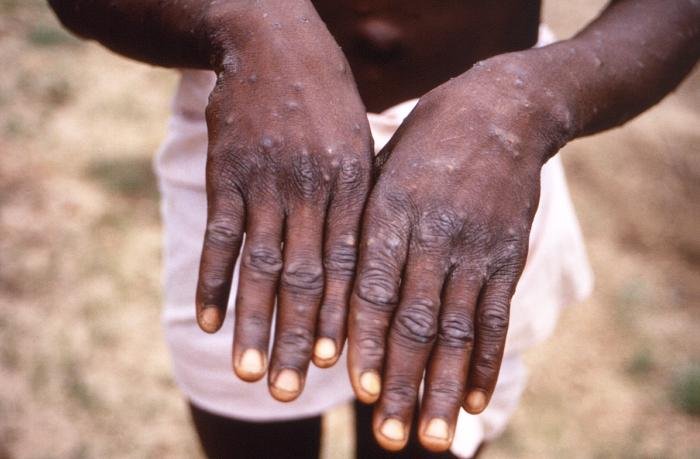The Nigeria Centre for Disease Control and Prevention (NCDC) announced on Thursday that the country has registered 39 confirmed cases of mpox and zero deaths across 33 states and the Federal Capital Territory since the beginning of 2024.
Dr. Jide Idris, Director General of the NCDC, said this during a news conference in Abuja. He also stated that as of August 11, 2024, the country had reported 5,951 suspected cases and 176 deaths throughout 36 states and the FCT.
On Tuesday, the Africa Centre for Disease Control declared a public health emergency because of the continent’s expanding mpox outbreak.
There is a major and expanding outbreak in the Democratic Republic of the Congo, which has spread beyond the country.
For the first time, a novel viral strain that appeared in September 2023 has been found outside of the Democratic Republic of the Congo.
So far, around 2,863 confirmed mpox cases and 517 deaths have been reported throughout 13 African nations in 2024.
“In Nigeria, cumulatively, a total of 39 confirmed cases and zero deaths have been recorded across 33 states and the FCT, from the beginning of the year 2024. Bayelsa (16), Cross River (5), Ogun (4), Lagos (4), Ondo (3), and Ebonyi (3) are leading the pack.
“Noting the significant concern of the ease of cross-border transmission, this press conference is part of the effort to intensify our coordination and communication with stakeholders to manage the spread of the virus and prevent disease importation,” Idris said.
Mpox is a rare viral zoonotic infectious illness (i.e., an animal disease transmitted to people) that is endemic in various African countries, notably Central and West Africa’s tropical rainforests.
The exact reservoir of the virus is yet unknown; however, rodents, squirrels, and monkeys are thought to play a role in transmission.
The mpox virus can be transmitted both from animal to human and from human to human.
Animal-to-human transmission can occur by direct contact with infected animals’ blood, bodily fluids, skin, or mucosal sores (for example, monkeys, squirrels, and rodents).
This can occur as a result of a bite, scratch, handling, or eating undercooked or other infected bushmeat products.
Human-to-human (person-to-person) transmission occurs when a person comes into contact with the virus from an infected human or materials contaminated with the virus.











